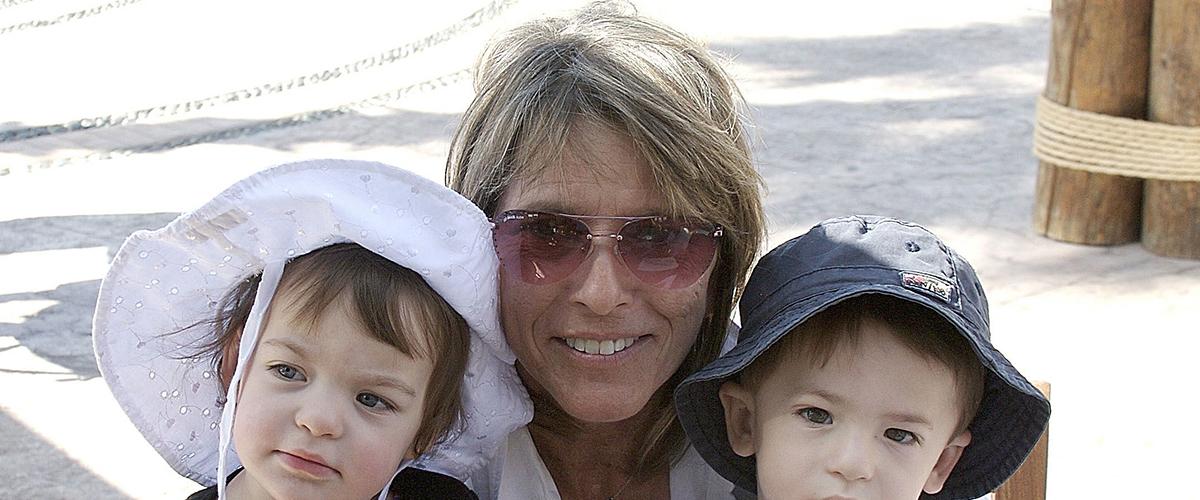Both DM1 and DM2 are passed from parent to child by autosomal dominant mutations. This means that the faulty gene is located on one of the chromosomes that does not determine sex (autosome) and that one copy of the mutated gene is enough to cause the disease (dominant). Because the gene is not located on the X or Y sex chromosomes, it can be passed to male and female children with equal frequency.
In nearly all cases, patients with DM have one normal copy of the DM gene and one copy with the mutation. This means an affected parent has a 50% chance of passing on the mutated gene to an offspring. Individuals who receive the mutated gene will have the disease, although they may not show symptoms for many years. Children that do not inherit the mutated gene will never develop DM.
A recent study suggested that all affected individuals can be traced back to just one or two people who had the original mutations, thousands of years ago. Unlike some genetic diseases (e.g. the types caused by exposure to toxic chemicals or radiation), the mutations causing DM do not occur spontaneously.

